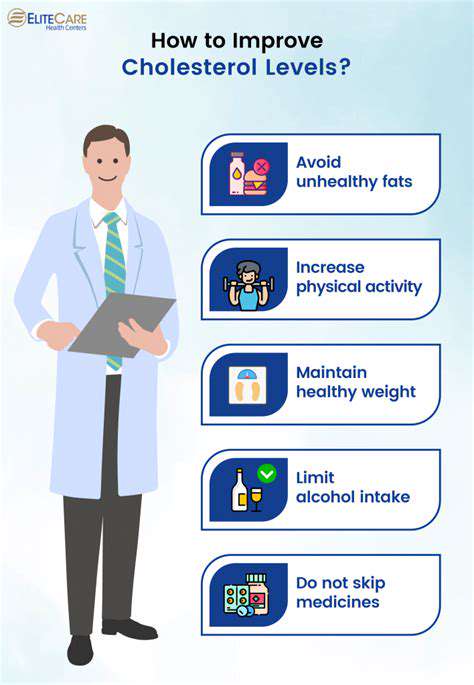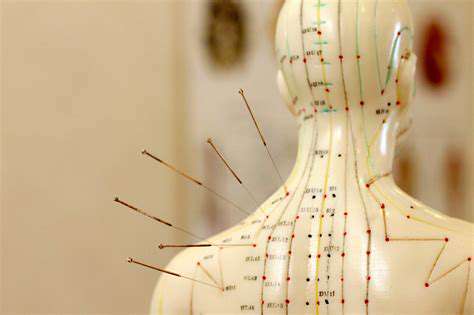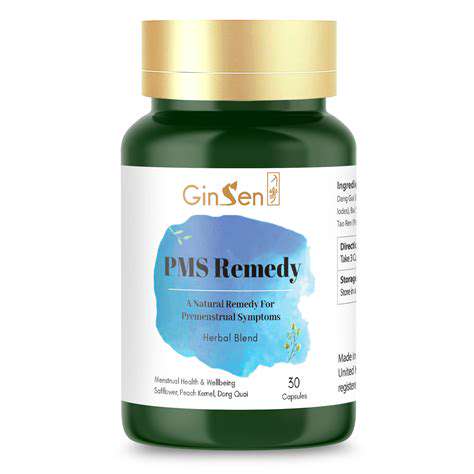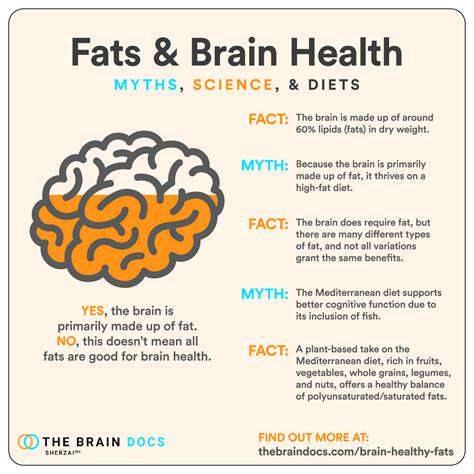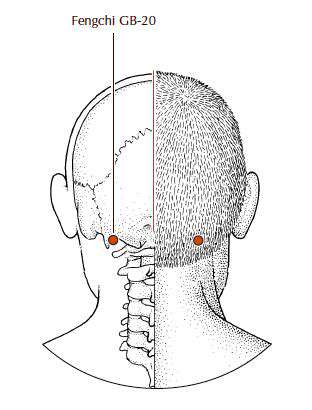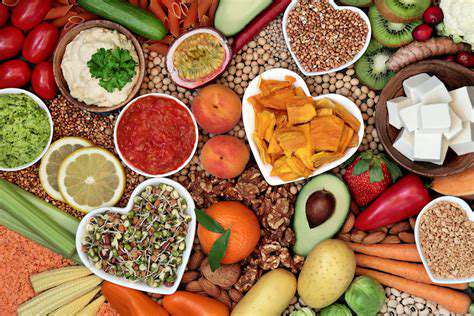The Power of Prebiotics for a Thriving Gut
Lifestyle Factors and Prebiotic Optimization
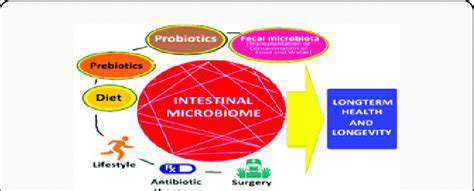
Dietary Fiber and Prebiotic Intake
Maintaining a healthy lifestyle requires paying attention to what we eat, especially when it comes to fiber. Fruits, vegetables, and whole grains are packed with different types of fibers that our digestive system thrives on. These fibers serve as fuel for the good bacteria living in our gut. When these bacteria are well-fed, they help create a balanced environment in our intestines that supports everything from how we fight off colds to how our body processes food. Eating a variety of fiber-rich meals is one of the simplest ways to keep your gut happy and healthy.
Prebiotics are special components in food that our bodies can't break down, but our gut bacteria love them. Having enough of these helpful bacteria is key to a properly functioning digestive system. When we eat foods containing prebiotics, we're essentially giving our gut microbes the tools they need to improve how we digest food, absorb nutrients, and defend against illnesses. Making prebiotics a regular part of your eating habits can lead to noticeable improvements in how you feel every day.
Stress Management and Gut Health
In today's fast-paced world, stress has become a constant companion for many people. What often goes unnoticed is how this stress affects our digestive system. The microbes in our gut are surprisingly sensitive to our emotional state, and prolonged stress can throw them out of balance, sometimes leading to uncomfortable digestive problems.
Finding ways to manage daily pressures can make a big difference for your gut. Activities like meditation, going for walks, or making sure you get enough rest at night can help counteract stress's negative effects. Taking care of your mental health isn't just good for your mind—it's essential for maintaining healthy gut bacteria too. When you reduce stress, you're creating better conditions for your entire body to function properly.
Probiotic Consumption and Gut Microbiome
Probiotics are tiny living organisms that provide health benefits when we eat them in the right amounts. These helpful microbes act like reinforcements for the good bacteria already living in your digestive system. They assist in keeping everything in balance, which can lead to easier digestion, a stronger immune response, and an overall feeling of wellness.
You can find probiotics in many fermented foods that people have been eating for centuries, like yogurt, some cheeses, and pickled vegetables. Different varieties offer different advantages, so including a mix of these foods in your diet can be beneficial. It's worth noting that not all probiotics are the same—the specific types you consume can affect how they help your body.
Sleep Quality and Gut Health Connection
Getting enough quality sleep does more than just make you feel rested—it also affects the microscopic world inside your gut. When sleep patterns become irregular, it can disrupt the careful balance of bacteria living in your digestive system. This imbalance might lead to digestive discomfort and could potentially affect your overall health in various ways.
Exercise and Gut Microbiome Dynamics
Moving your body regularly offers benefits that go far beyond building muscle or improving endurance. Physical activity creates an environment in your gut that encourages the growth of beneficial bacteria. Making exercise a regular habit can lead to significant improvements in your gut's bacterial balance. This change often results in better digestion, more efficient use of nutrients from food, and a stronger defense against illness.
Working out also helps manage stress, which we've seen can negatively impact gut health. The advantages of staying active extend to creating and maintaining the ideal conditions for your gut microbes to flourish.
Hydration and Prebiotic Support
Drinking enough water is fundamental for good health, and it plays a particularly important role in supporting your digestive system. Water helps break down food, allows your body to absorb nutrients effectively, and moves these nutrients where they need to go. When you're properly hydrated, your digestive system works more efficiently, which allows prebiotics to do their job better.
Keeping your fluid intake at healthy levels helps create the right conditions in your gut for beneficial bacteria to grow and work effectively. A well-hydrated system makes it easier for prebiotics to support the community of microbes that contribute to your overall wellbeing.



